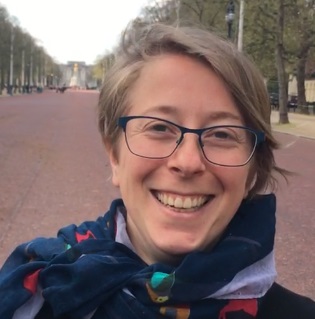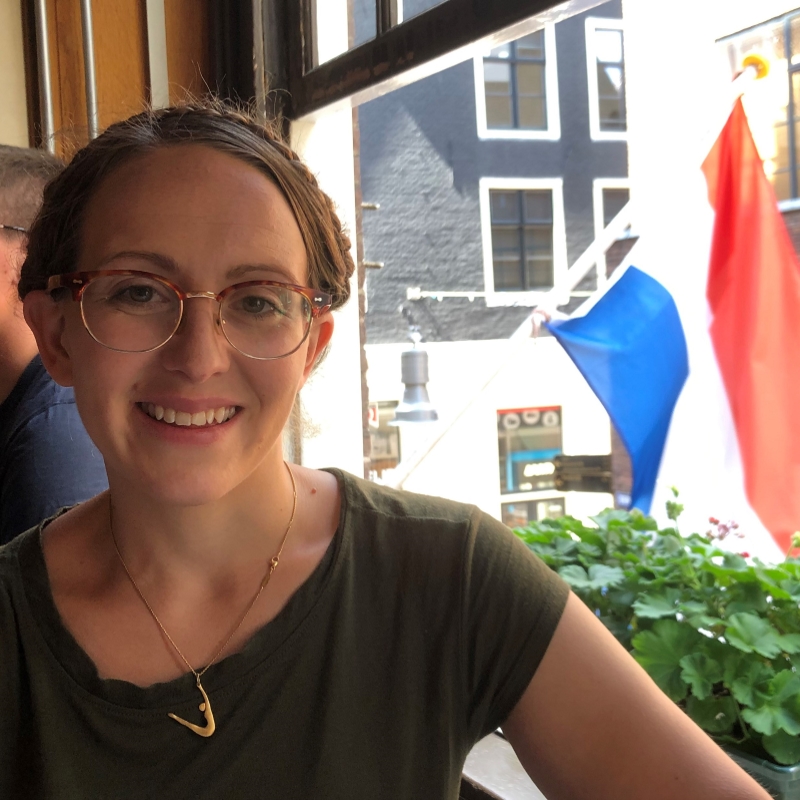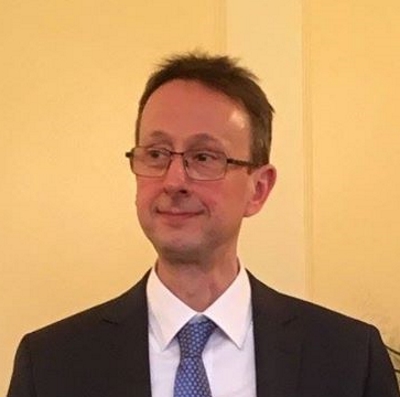Louisiane Ferlier reports on the launch of a new way to explore the long history of scientific publishing at the Royal Society.

A new way to explore and engage with the history of scientific publishing.
Today we are launching Science in the Making, a new website showcasing material from our archive collections related to the long history of scientific publishing at the Royal Society.
In 1665, Henry Oldenburg, the Society’s first Secretary, published The Philosophical Transactions giving some accompt of the present undertakings, studies and labours of the ingenious in many considerable parts of the world under the imprimatur of the Royal Society. The title might be a mouthful, but it makes clear that in 1665 the periodical already aimed to publicise all aspects of science (experiments, observations, theories…), give a space to all scientific disciplines and draw from sources across the globe.
Over 350 years on, scientific articles have changed radically, yet they have retained this primary function of communicating science. Digitally-born articles now include enriched links to datasets and bibliographical tools, which turn them into interactive experiences. The subscription model on which journals relied financially is being transformed by the advent of open source standards. Science in the Making was created precisely to allow users to discover for themselves the evolution of scientific periodicals from the seventeenth century to today, but it does much more than this.
On the platform, you can:
- Discover how ‘Darwin’s bulldog’, Thomas Henry Huxley, contributed to the journals by refereeing, communicating and submitting articles.
- Browse through the hundreds of photographs taken by Captain Scott’s crew in their scientific mission to the Antarctic in 1901–1904, or consider how the processes of refereeing or specific topics changed over time.
- Help to turn manuscript letters and images into machine-readable formats to support discovery and data-mining by transcribing text and tagging what you see.
- Use the comment section below each item to ask the community for tips and to point out various interesting things.
The website is the result of a two-year-collaboration between Publishing and the Centre for the History of Science and we are immensely proud of the result. The Royal Society archives has served from the onset as the repository for the material resulting from the publishing process. Original letters, drafts of manuscripts, beautiful coloured illustrations, reports by Fellows on articles received for publication: a wealth of material supports the final published versions. Under the guidance of a Steering group composed of eminent historians of science and scientists, we first digitised all published material and then selected this small portion of manuscript material, previously only available to those visiting the archive, to include in Science in the Making.
The platform was developed by Digirati using open-source tools of the highest standards: you can view the images in very high resolution thanks to the Universal Viewer (IIIF – Mellon Funded), the content is surfaced using an open-source management system, Omeka S, specifically built for digital cultural collections. This means that the development time spent on this platform has also directly contributed to improving those community-based tools.
This is a pilot website, supported for a year. We want your help in improving and continuing it. This means that we need as much engagement as possible, so if you are a science enthusiast, a history buff, or just interested to discover our archive, please transcribe, tag and comment away.
Science in the Making is now live, you can email us your thoughts, comment below or tweet us @RSocPubs with #ScienceInTheMaking.







